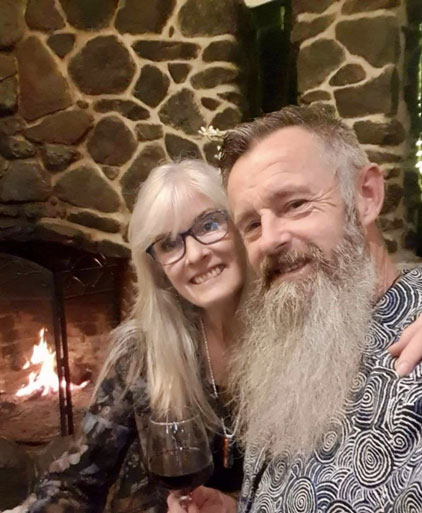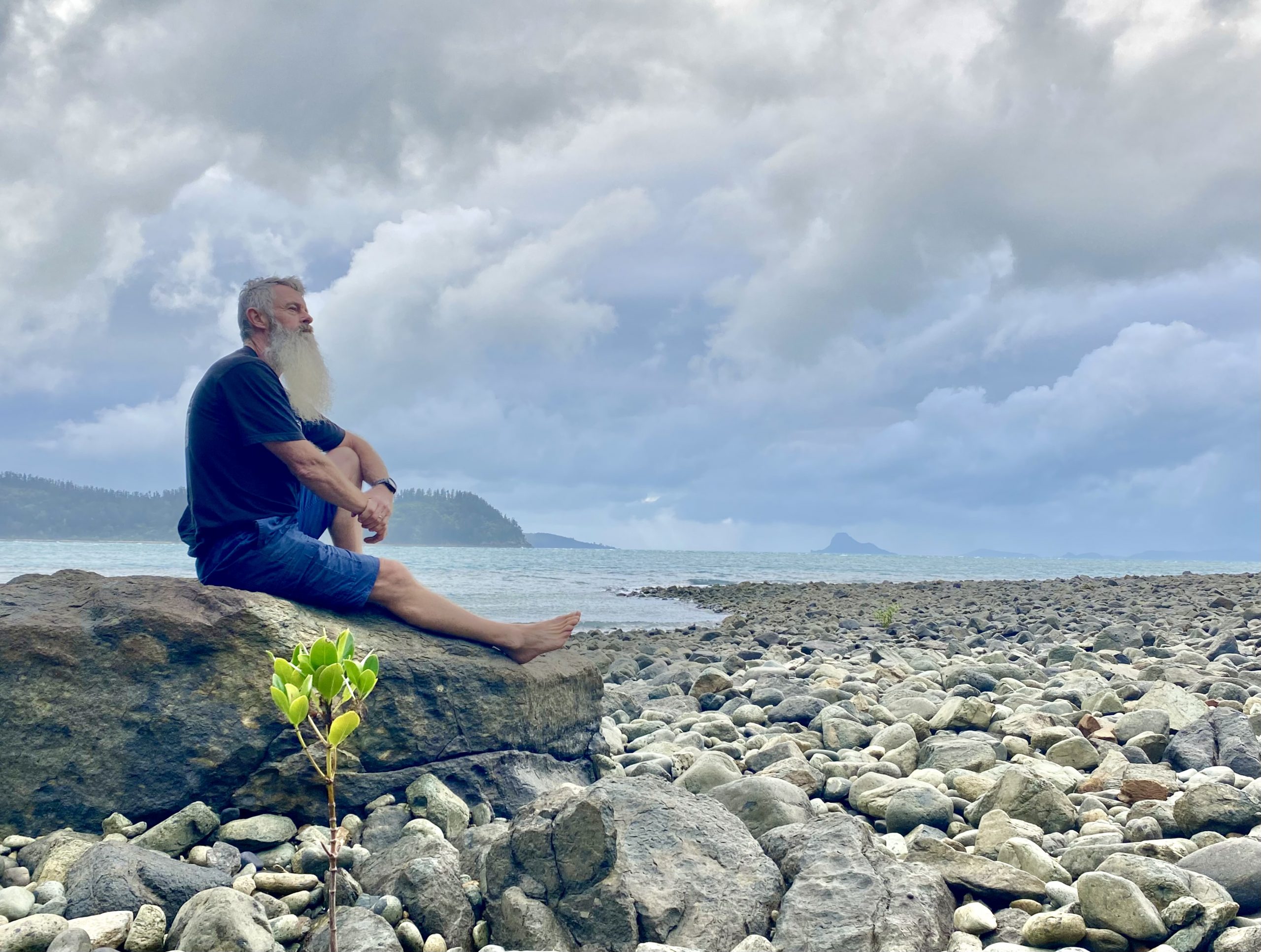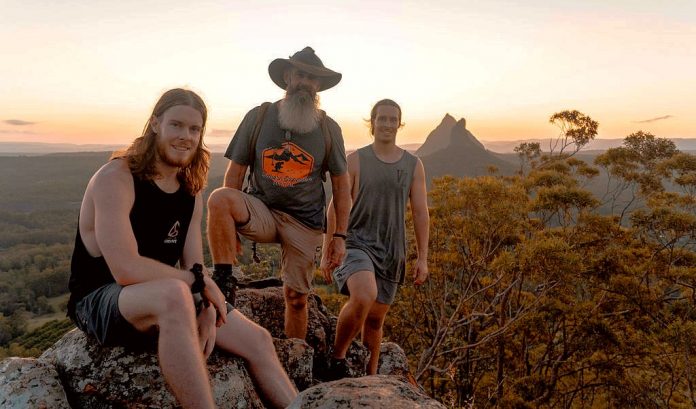As a man in his mid-fifties, Rick Petersen is not your typical TikTok star.
Yet there’s something about his warm demeanour, practical tips and Gandalf-like beard which appeals to people — millions of them.
But Rick, who is based at Golden Beach, is far more than a ‘BushTokker’, a name he coined himself.
With a background in the military, SAS and tour-guiding in the NT, Rick now shares his knowledge in a range of face-to-face programs on the Sunshine Coast focused on survival skills, father-and-son bonding and team building.
Rick got into TikTok with his sons’ help and says he found an interesting space to connect with like-minded people.
He’s found fellow bushcrafters and survivalists online and says there’s a real sense of camaraderie on the platform.
He tries to respond to those who comment, but he admits it can be hard when you’ve had up to three million views overnight.
From bush poetry to coiling rope, the backstory of his quintessential hat and learning about uses for native plants, his 180,000 loyal followers hang off his every word.
@rickjpetersen #TikTokAustralia #aussiethings #TikTokAustralia #survival #water #transpiration #priority
Father-and-son connection
But Men of Change is the aspect of Rick’s business that is closest to his heart.
It’s a multi-day workshop, where fathers and sons journey out bush with Rick to learn practical survival skills, the old-time art of bushcraft and spend some quality time around the campfire with men young and old.
Rick’s passion for creating meaningful connections between fathers and sons came about when his eldest son, Arnhem, was a toddler.
Another baby was on the way – a boy who would be named Tasman – and it triggered some serious soul searching about what it meant to be a father and raise a son.
“I sat down with a pen and paper, but nothing was really flowing about what sort of Dad I wanted to be,” he says.
It wasn’t until his wife Neryl prompted him to think about his own relationship with his father that things started to flow.
“It was about the contrast and clarity of knowing what I didn’t want to be,” he says.
“The overarching fact is I didn’t want to be an absent dad; I didn’t want to ever be in a situation where I’d walk away from fatherhood and leave that with anybody else.”

These things became a priority for him as he raised his own boys, as well as staying fit enough to keep up with them now that they are adults.
Rick was placed in foster care at age six, after the proverbial wheels fell off the family wagon. He and his five siblings were sent to live with different families around Tasmania.
He has worked hard to come to terms with his past and not let unresolved aspects of his childhood interfere with how he moves forward.
‘There’s always the hypothetical question – if you could go back and change your life, would you?” he says.
“If it’s at the risk of me becoming somebody different than what I am now, then no, I don’t think it’s worth it.”
Call of the wild
Nature has always been a refuge for Rick. Growing up in the foster system, he would often escape into the wilderness when he needed space.
At 14, he left school and worked in a nursery for several years, an experience which seeded his love of native plants and sparked his interest in ethnobotany.
At 17, “with a chip on his shoulder”, he joined the Army, and served for several years before being selected in the elite Australian Special Air Service Regiment in 1986.
Jumping out of planes, teaching survival skills to the US military, leading treks along the Kokoda Trail in Papua New Guinea, taking fathers and sons into the jungles of Sumatra, exploring the nooks and crannies of the far north of Australia – life’s been a wild ride for Rick.
Rick openly acknowledges the central role his time spent working with traditional custodians has played in bringing him to where he is now. In addition to his years spent guiding in Kakadu and Arnhem Land, Rick served alongside Indigenous soldiers for several years in Australia’s Regional Force Surveillance Units (RFSU) and spent time working in the Central Desert.

In amongst it all, he recognised the need for fathers and sons to have space to connect and how often they fail to read where the other is at, which leads to miscommunication and conflict.
While the practical value of these courses is clear – being able to start a primitive fire, setting traps and snares, navigating with the stars, basic self-defence, wild-harvesting drinkable water, and learning the priorities of survival – there’s a deeper purpose at work.
“I never want to come across as that hard-arse soldier … I might share a few stories and some of that, but it is more about that connection and trying to get them where they both feel they are happy to push their comfort zones in the things they’re doing and learning. But also, to push their comfort zones about talking to each other about important matters,” he says.
Rick is not afraid of having hard conversations. He’s the first to acknowledge that life can be tough and is openly vulnerable about the traumas of his childhood.
His motto for Men of Change is “all men choose the path they walk”. It’s not about ignoring the hardships of life, he says, but about reinstating the power to choose how to move forward.
“We still have obstacles, challenges and misfortunes,” he says. “Things that happen in life, and they’re going to continue to happen. But how you choose to deal with them is where the lesson is.”





